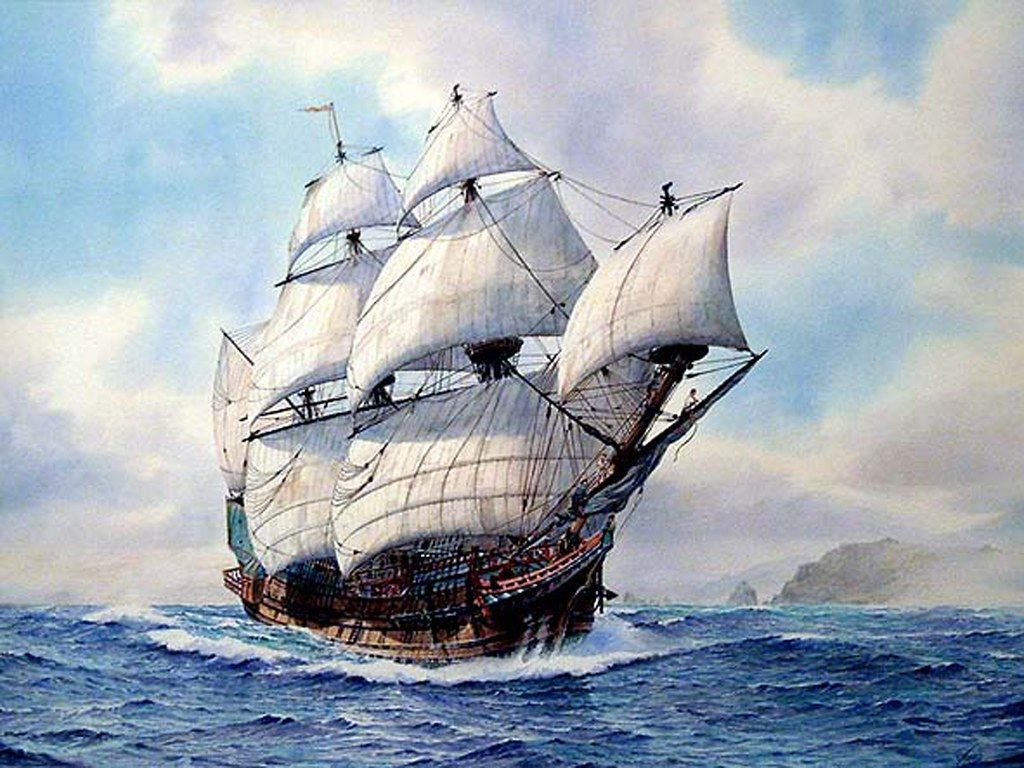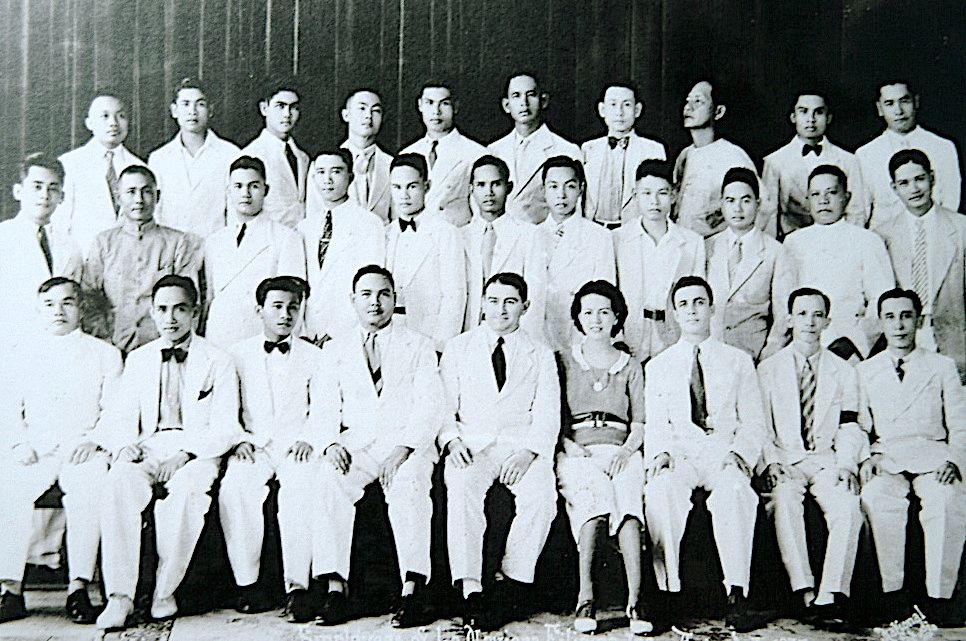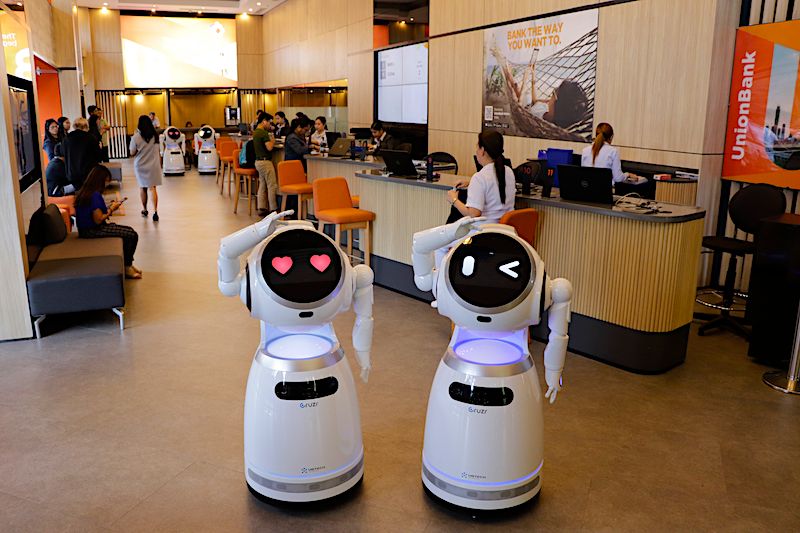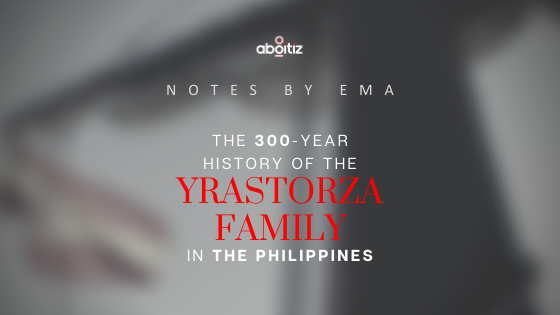Most people think that we are the Aboitiz-Moraza family and that is certainly true. But, in reality, however, we are bound by all being Yrastorzas. Our great-great-grandfather Gregorio Yrastorza arrived in the Philippines about 200 years ago. Although the history is sketchy, some imagination and conclusions can be drawn from what we know, what has been handed down in stories, and in our reflection on human nature.
Gregorio, whose parents were Basque from the northern part of Spain, arrived in the Philippines as a child, some say as a newborn child born on the galéon on the way from Acapulco, Mexico.
Now, Basque people valued unity, hardwork, and pragmatism. Why? Because that is what they needed to survive the attacks that were common throughout much of history, particularly after the Pope lost Jerusalem in the Crusades. Trade with the East, mainly China, was stopped and the winners in Europe established feudalism to milk the land and the people. The Nobles and the Catholic Church were partners in one of the longest and most devastating abuse of the lower classes in history. Both did it in the name of God — the Kings by their claim of Divine Right and the Pope as heir to St. Peter who, by the way, was the genius that St. Paul wasn’t.

With the Basque values he inherited, Gregorio grew up, built a small business, had a number of children, and settled in Leyte. Two of his daughters, Emilia and Guadalupe, married Paulino Aboitiz and Angel Moraza, respectively, and had lots of children. Now, who do you think programmed those children while Paulino and Angel worked to provide for their families — the Yrastorza sisters or their husbands? So, you see, the values that we have are arguably more Yrastorza values than Aboitiz or Moraza. Those women probably reprogrammed their husbands as well.
Over the first 100 years, the YAM (Yrastorza-Aboitiz-Moraza) family lived through the careless management of Spain, which was a joint venture between the Kings of Spain and the cardinals who managed (or mismanaged) the Catholic Church. The Spanish monarch was after wealth while the Cardinal went after both souls and what coin could be taken from them. This led to the retardation of the development of the Philippines and the increase of its population. That was the world of Gregorio Yrastorza.
In the pandemics of the past, the test of the survival of the fittest physically reigned. Medicine and medical institutions were almost non-existent so the weakest passed way and the strongest survived and conquered.
In 1860, Ferdinand de Lesseps opened the Suez Canal and steamers began the contact between Europe and Asia through a shorter route with faster ships and more to trade due to the Industrial Revolution. That is the world that Paulino and Angel entered. They lived through the Philippine Revolution and the Spanish-American War.
With the Americans in charge, we moved from 300 years in the convent to the 50 or so in Hollywood. We Filipinos embraced completely the American way of life — democracy, freedom, education, movies, and access to the United States, the most advanced country on Earth. It is like moving from black-and-white silent movies to full-colour. You were allowed to think and express, not just listen and believe myths that had absolutely no empirical evidence to back it up.

After Paulino and Angel died, their children continued the next 100 years of the YAM family, which included World War I, the Great Depression, World War II, and the progress of Bretton Woods. Our parents slowly took over the business and the family after the war. Today, it is in our hands, what we call Gen 4, the second hundred years and where we are in the present.
So Gregorio, Paulino, and Angel were about the first hundred years; Gens 2, 3, and 4 have been about the second hundred years overlapping; and Gens 4, 5, and 6 for the next 100 years from 2020 to 2120. Lifespans have lengthened as well has health so that matters to a great extent.
We live in a world and a society where people spend too much time on the stupidities of social media, on gossip and not enough time on facing the challenges of thinking and learning.
What have these 200 years had in common? What will they have in common over the next 100 years? What does any long lasting institution need as its core operating system? I argue that they are the same Basque values that have kept the Basque people as one of the oldest societies in history.
- Adaptation to change — pragmatism
- Trust — driven by clarity, cuentas claras
- Hard work
These are the traits that will get us through this coronavirus challenge but it will take a few years to see the level of severity, which, I hope, will not be as serious as it appears it could be. Many threats in the past have been much more serious with WW2 among the very worse ending with the atom bomb over Hiroshima and Nagasaki.
In the pandemics of the past, the test of the survival of the fittest physically reigned. Medicine and medical institutions were almost non-existent so the weakest passed way and the strongest survived and conquered. When the Spanish arrived in Latin America, it was not guns and steel that gave them the edge, it was germs. The Europeans who survived the plague were the strongest while the indigenous peoples of the Americas had never been strengthened by the clean out of diseases. Today, it is different. Medicine is prolonging the lives of the weakest of society and that is wonderful so grandparents can enjoy their grandchildren growing up.
COVID-19 may just be one of the accelerators of change taking the place of wars.
Aboitiz opens its third century with a powerful reminder of the traits that have led to its longevity and success over the first 200 years, which I must repeat.
Adaptation to change driven by pragmatism. Today, as we strive to make sure that meritocracy prevails, we need an organization that is totally attentive and engaged so that not only will meritocracy reign but that it is of a level that it is good enough to take on the unknown coming around the corner. This organisation understands the value of both the sins of commission and, often, the more costly sins of omission. Engagement today is 24 x 60 x 60 without siestas.
Trust, the communication that is necessary for clarity is more stringent than before. We are more. Things are both more complicated and more complex. Complicated means many moving parts and complex means difficult to understand. Open discussions where people speak their minds, accept their errors, learn from them and do not get offended are, not only more important than ever, but necessary for without them we will not succeed.
Hard work, 996, is a figure of speech. To expect people to sacrifice health and family would be destructive but to expect people to manage their time so that health, family, and work make music is not negotiable. Competing commitments are part of life so working hard and working smart must be twins. We live in a world and a society where people spend too much time on the stupidities of social media, on gossip and not enough time on facing the challenges of thinking and learning.

The world of technological progress, robots, digitization, electric cars, and all kinds of medical progress being driven by many sectors of the world is one we are all convinced of. Where the greater powers of the world end up balancing things is unknown but, as we have seen in the past, all powers start by pissing on each other, getting wet, and then compromising in some form of balance of power. Many get hurt in the process and many benefit. COVID-19 may just be one of the accelerators of change taking the place of wars.
Aboitiz, into its next century and towards year 300, will only celebrate that 300th birthday if it understands what Darwin figured out over a hundred years ago: adapt to change with trust, unity, and lots of hard work.

